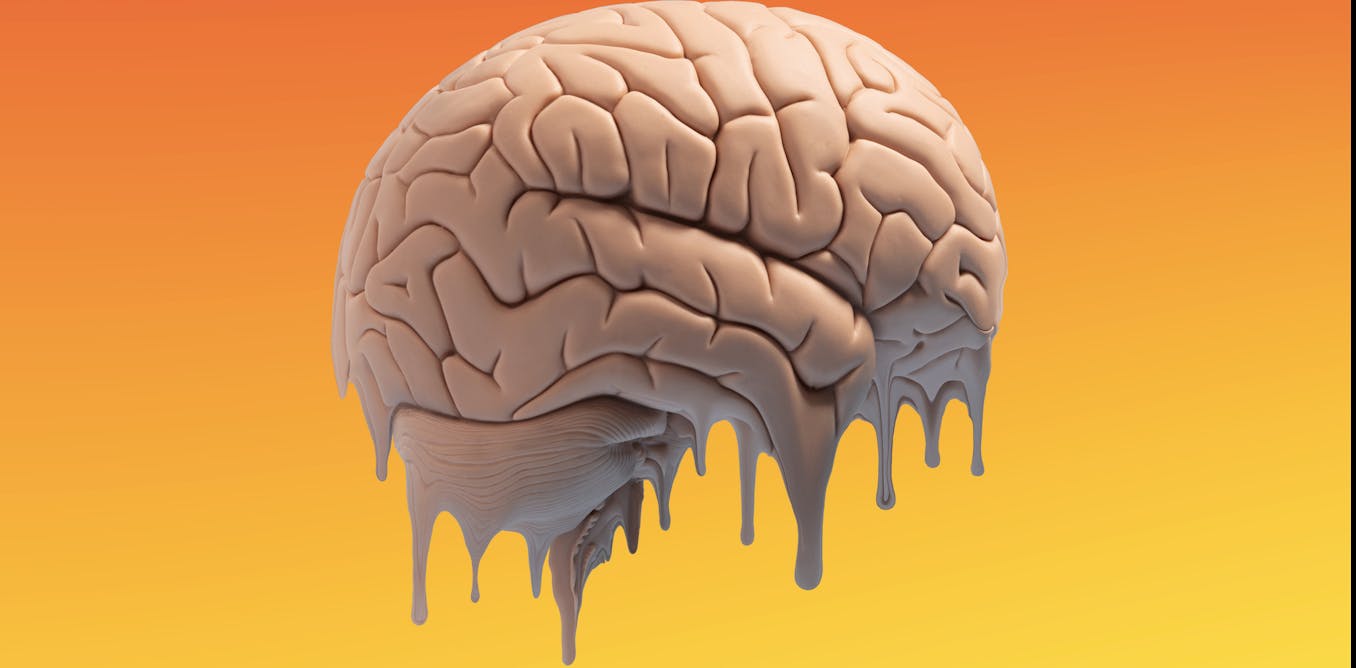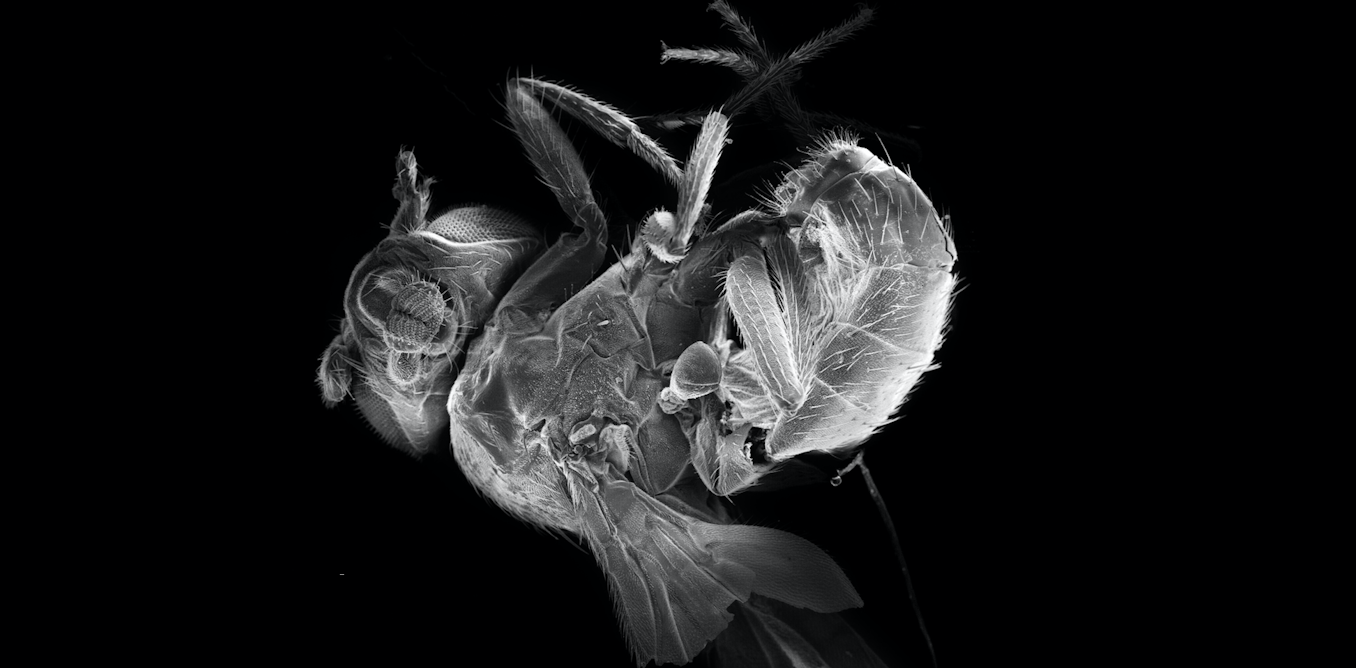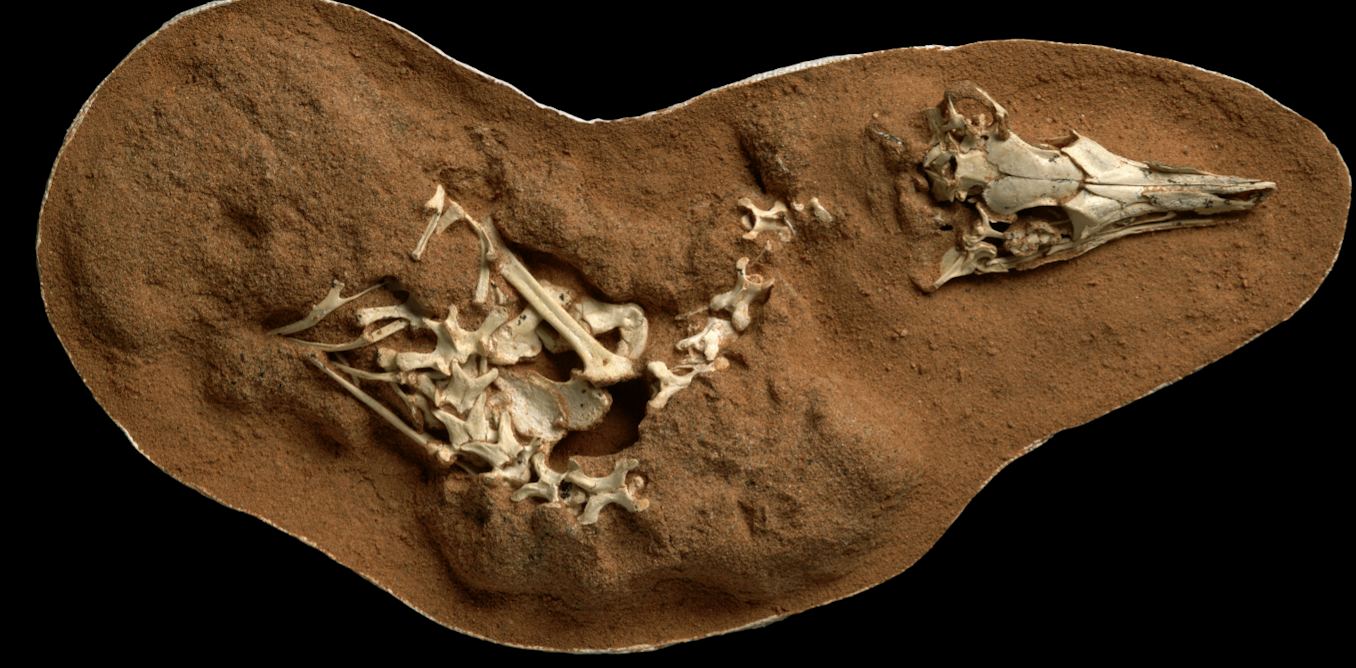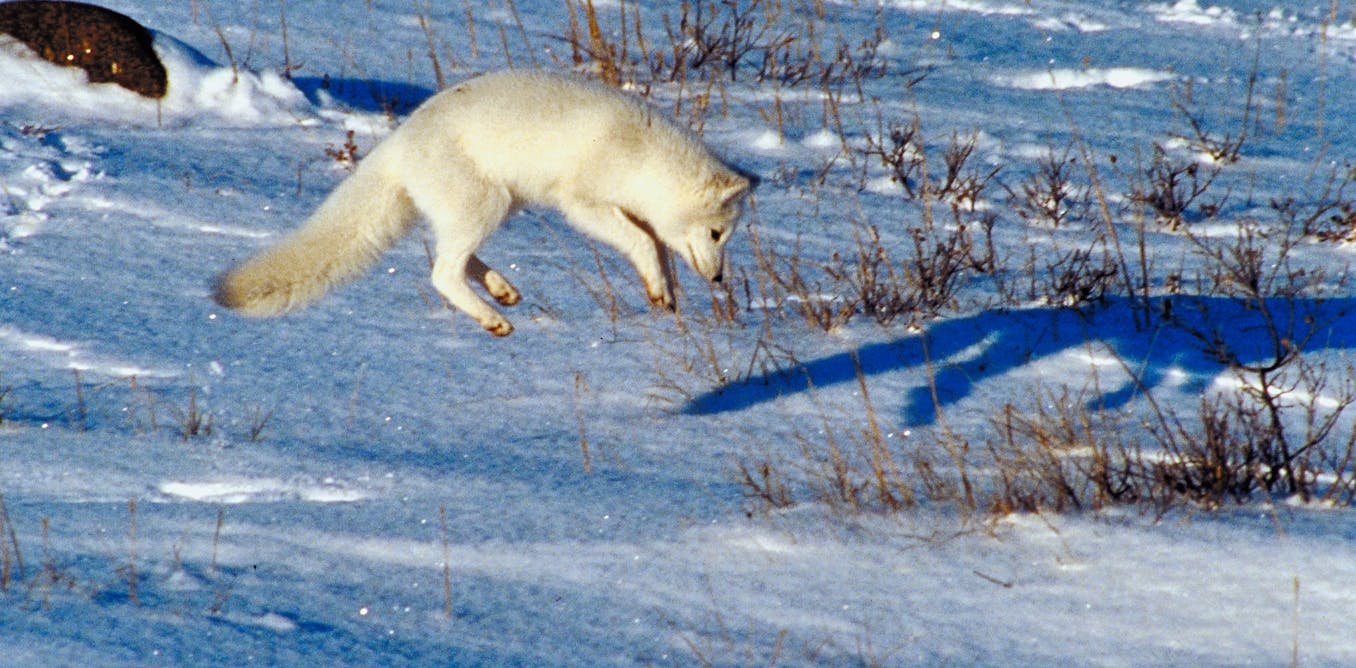Climate change is altering animal brains and behavior − a neuroscientist explains how
Rapidly changing temperatures and sensory environments are challenging the nervous systems of many species. Animals will be forced to evolve to survive.
Nov. 13, 2023 • ~7 min









